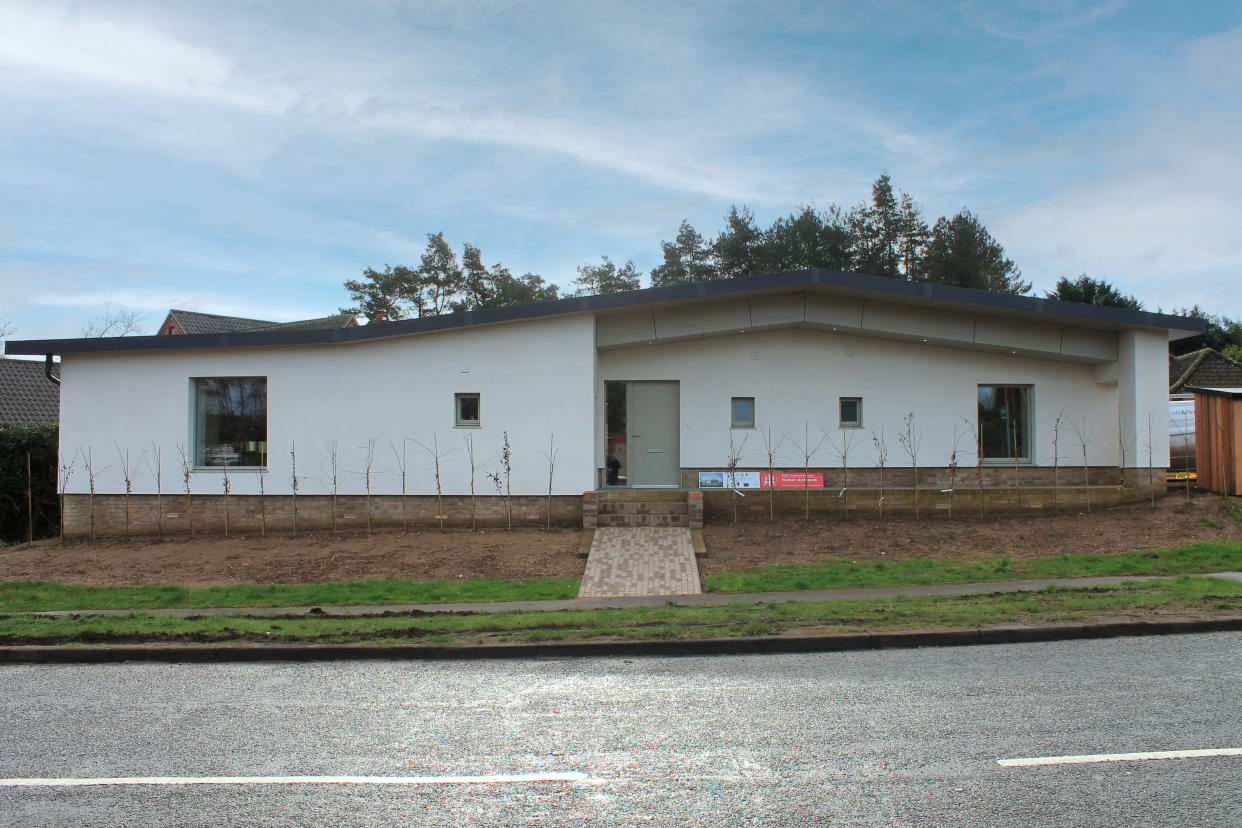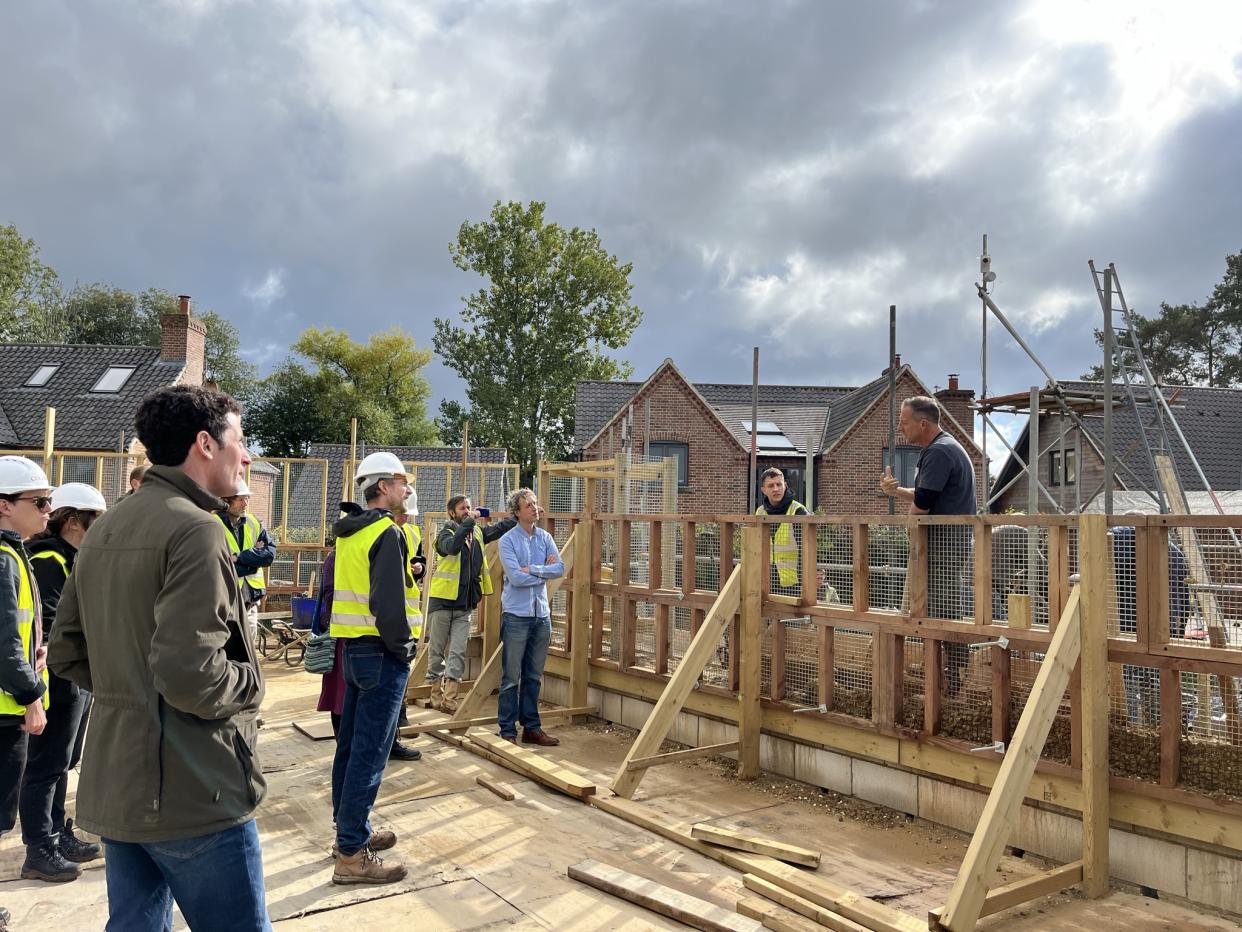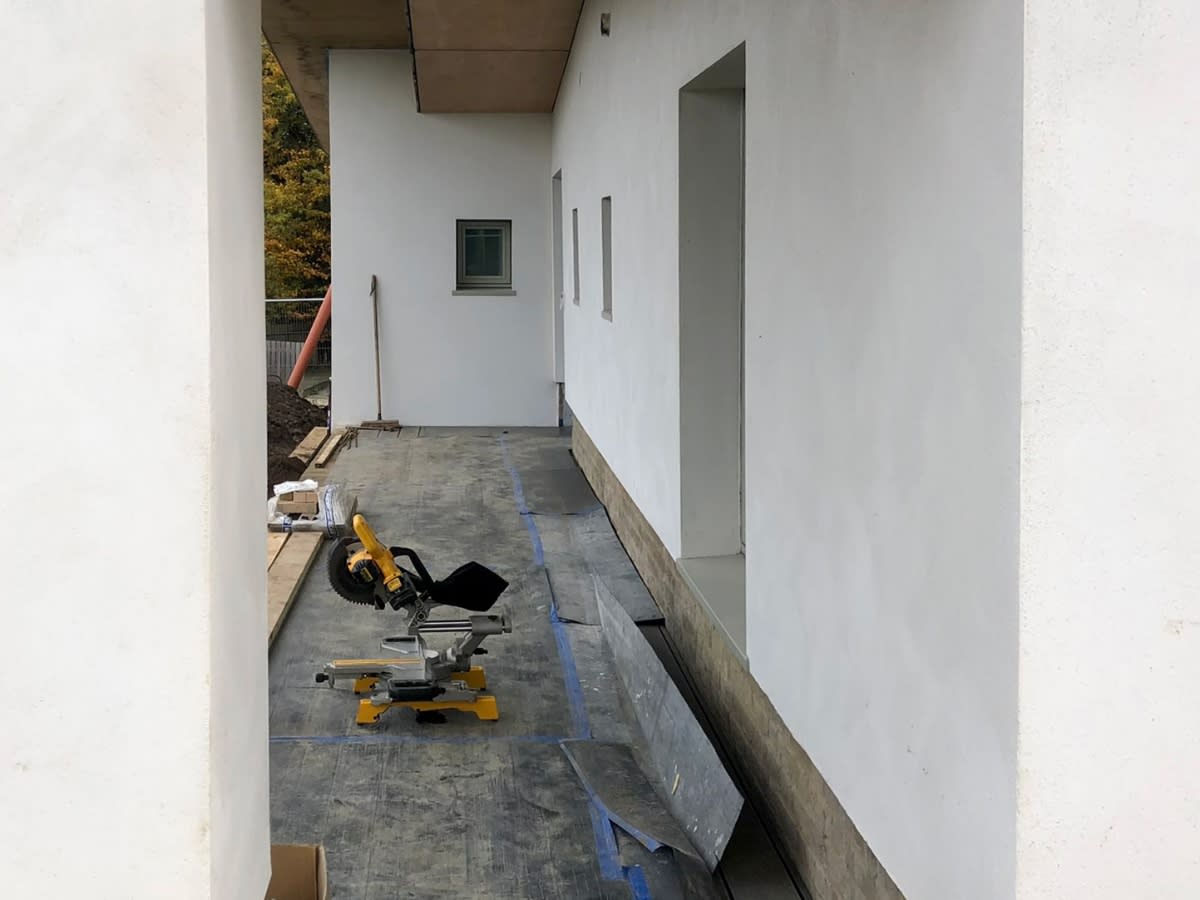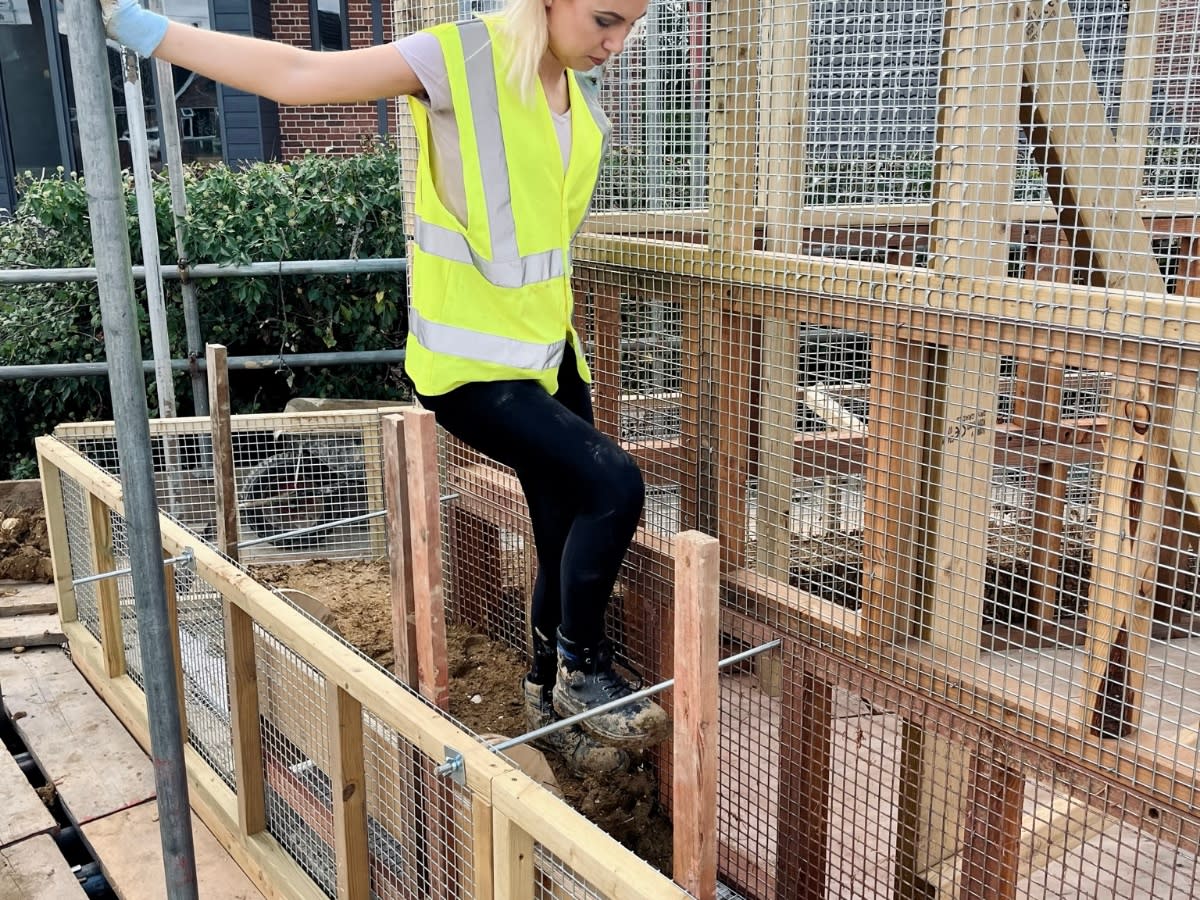New ‘£20,000’ mud home could revolutionise UK housing

The first modern British home using mud has been built as part of a project to construct more energy efficient housing.
The walls in the CobBauge bungalow in Fakenham, Norfolk, are constructed from three simple ingredients: hemp straw, water and earth - or mud - known as Cob altogether. Architect Anthony Hudson used an old construction method which complied with modern building regulations. The technique allows the mud-built walls to be thermally insulated to modern standards.
The UK’s first domestic CobBauge building was built by local builders Grocott and Murfit last month after a four-year project by Hudson Architects. A three-bedroom Cob home can be built for as little as £20,000, according to the firm, but the full cost of the project is unknown.
The house will also feature large, south-facing triple-glazed windows for solar gain in winter and an air source heat pump will provide heating. It is part of an EU-funded project to bring mud construction into the 21st century, focusing on low-carbon building as the first regulations-complaint cob building.

After the EU announced it was looking for architects to develop new ways of using earth in houses, Hudson, 68, leapt at the opportunity. He and his team combined pure cob to create structural integrity and thermally insulated earth. Its green roof will support biodiversity and compensate for the loss of green space on the site.
Mud is one of the most sustainable construction materials, with some Cob buildings dating back more than 500 years, but were replaced in the 1800s for modern methods.
Sustainable housing
Hudson said: “The challenge was to create a home using earth as the primary building material, but which could also be thermally insulated. Earth is a very sustainable way to build, especially because it's so widely available here in the UK.
“The problem is that to make it an effective insulator you usually have to make the walls incredibly thick, which is impractical.”
Although there is still a way to go before mud houses can be put on the mainstream market, Hudson is positive that the homes will become the new normal. He added: “Although the materials are cheap and easy to source, the building method is very time-consuming. At the moment it all has to be done by hand, so labour costs run high.
“However, our next step is to figure out how we can refabricate buildings to cut that down. Once we’ve worked that out, my guess is this will be a very attractive method.” An open day for the mud house in Fakenham will be held in March.


Lack of investment
A Energy and Climate Intelligence Unit (ECIU) report suggested a lack of investment in home insulation and green tech investment cost households up to £1,900 on their energy bills last year. The study from the think tank said greater investment and faster moves on insulation, solar panels, renewables, heat pumps and electric cars over the last decade could have delivered savings totalling £70 billion by 2023.
It added that the UK would have saved £56 billion in the first two years of the gas crisis in 2022 and 2023, as insulation and clean tech would have reduced the demand for expensive oil and gas. However, successful policies for boosting home insulation and solar energy have been scrapped over the past decade and there has been slow progress and delays on measures for new homes, heat pumps, electric cars and renewables, the ECIU said.
It said if government support schemes for energy efficiency, which were cut in 2013, had been maintained, an extra 10 million homes would have received insulation upgrades, saving £12 billion on bills over the decade. A Department for Energy Security and Net Zero spokesperson said it did "not recognise these highly speculative figures".


